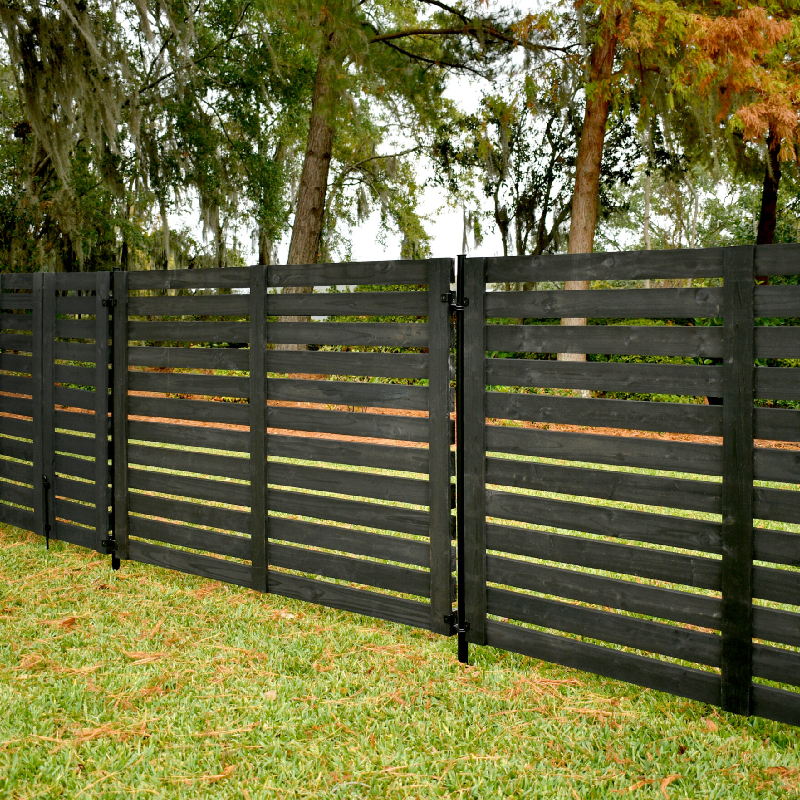Understanding Barbed Shank Roofing Nails for Enhanced Roof Stability and Durability
жнів . 19, 2024 21:04
Understanding Barbed Shank Roofing Nails An Essential for Building Durability
When it comes to roofing materials and construction techniques, details matter immensely. Among these details, the choice of fasteners plays a pivotal role in ensuring the longevity and resilience of any roofing system. One such essential fastener is the barbed shank roofing nail. These nails are specifically designed for securing roofing materials, and their unique features make them a preferred choice among contractors and builders.
What are Barbed Shank Roofing Nails?
Barbed shank roofing nails are characterized by their distinct shaft design. Unlike standard smooth-shank nails, barbed shank nails have raised barbs or ridges along their shank. This design enhances their grip in various materials, making them less likely to pull out over time. Typically manufactured from steel, these nails come with a galvanized finish to resist rust and corrosion, which is crucial for applications exposed to the elements.
Advantages of Barbed Shank Roofing Nails
1. Enhanced Holding Power The barbed design increases friction and resistance against extraction. This means that once a barbed shank nail is installed, it is less likely to loosen over time, even under the stress of environmental changes such as wind and rain.
2. Corrosion Resistance Many manufacturers coat these nails with a layer of galvanized material or polymer to protect them from rust, which is vital for the durability of roofing systems. Using corrosion-resistant nails prolongs the lifespan of the roof and minimizes maintenance needs.
barbed shank roofing nails

3. Versatility Barbed shank roofing nails are suitable for a variety of roofing materials, including asphalt shingles, wooden shakes, and metal panels. Their versatile nature makes them a go-to option for many different types of roofing applications.
4. Easy Installation The tapered point of the nail allows for easy penetration into materials, reducing the risk of splitting. Additionally, many roofing nail guns designed for this type of fastener allow for quick and efficient installation, making roofing jobs faster without compromising quality.
Applications in Roofing
Barbed shank roofing nails are predominantly used in residential and commercial roofing projects. They are particularly effective in securing asphalt shingles, which are among the most common roofing materials. The nails ensure that shingles are firmly in place, reducing the likelihood of water infiltration and potential leaks.
Additionally, in regions prone to high winds or severe weather, using barbed shank roofing nails can provide an extra layer of security. Their holding power can be crucial in maintaining the integrity of a roof during harsh conditions, ultimately safeguarding the building and its occupants.
Conclusion
In summary, barbed shank roofing nails are a critical component of modern roofing systems. Their unique design and innovative features make them a superior choice in ensuring that roofing materials remain securely in place over time. With enhanced holding power, corrosion resistance, and application versatility, these nails contribute significantly to the overall durability and longevity of roofs. When planning a roofing project, considering the right type of fastener is essential, and barbed shank roofing nails should be at the top of the list for any responsible builder or contractor. By choosing the right fasteners, property owners can invest in a roof that stands the test of time, providing comfort and protection for years to come.




















